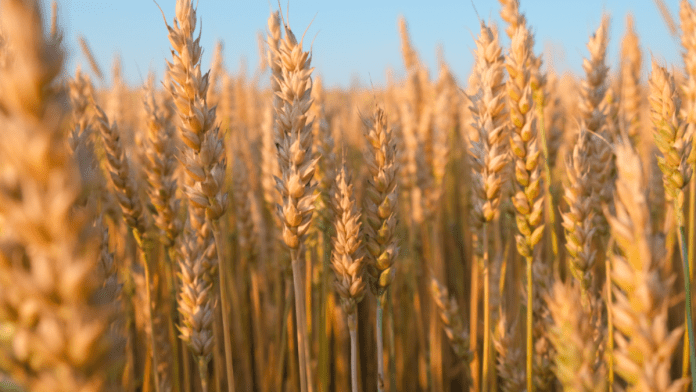News in brief: Nigeria plans to phase out wheat imports, worth $3.32 billion in 2021, over the next four to five years to boost local production and conserve foreign reserves. The Agriculture Minister mentioned providing a 50% subsidy for wheat farmers to encourage increased grain production.
The federal government of Nigeria, has announced plans to completely phase out wheat imports (worth about $3.32 billion in 2021) over the next four to five years with a view to boosting local wheat production while conserving foreign reserves.
Agriculture Minister Abubakar Kyari made the announcement during a visit to seed wheat production sites in Kano over the weekend, as a local news source reported.
He said the government will provide 50% [input] subsidy for wheat farmers in the upcoming dry season to encourage increased grain production.
The minister noted that the assertion came after rigorously examining breeder and foundation seeds, which he maintained raised his confidence in assuring the elimination of wheat imports.
Also, he explained that wheat imports were depleting a significant portion of Nigeria’s foreign reserves. He said this was inimical to government’s goal of achieving self-sufficiency while eliminating wheat imports will enhance food production and security.
According to data from the National Bureau of Statistics (NBS) on foreign trade, Nigeria spent â¦209 billion on wheat imports in between April and June 2022. Thus, implementing measures to boost local wheat production will have a positive impact on the country’s economy.



